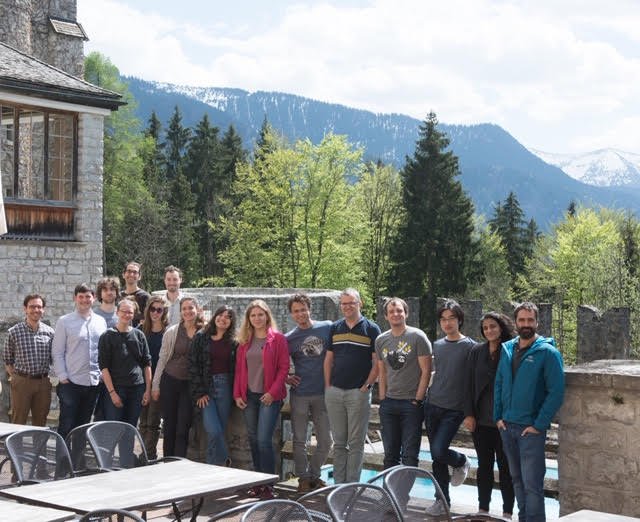Ruben Portugues
Sensorimotor control in the larval zebrafishThe Portugues lab (TUM, Munich, Germany) studies sensorimotor control and action selection playing particular attention to the cerebellum and its interactions with other brain regions.

The Portugues lab is currently located at the Max Planck Institute of Neurobiology in Munich but will be soon moving to the Technical University of Munich (TUM). We use the larval zebrafish as a model organism to tackle questions in systems neuroscience that require understanding across a broad range of scales: from the single synapse to the whole brain, from sensory input to motor output. We are driven by biological questions but are not restricted in terms of techniques.

Project at ZENITH
Publications
- Dragomir EI, Štih V, Portugues R. Evidence accumulation during a perceptual decision task revealed by whole-brain imaging. (Eyes 'n Tail)
- Knogler LD, Kist AM, Portugues R [2019]. Motor context dominates output from purkinje cell functional regions during reflexive visuomotor behaviours. eLife. DOI:10.7554/eLife.42138. (Eyes 'n Tail)
- Knogler LD, Markov AD, Dragomir EI, Štih V, Portugues R [2017]. Sensorimotor representations in cerebellar granule cells in larval zebrafish are dense, spatially organized, and non-temporally patterned. Curr Biol 27, 1288-1302. DOI:10.1016/j.cub.2017.03.029. (Eyes 'n Tail)
Contact
Email: ruben.portugues@tum.de
Website: http://www.portugueslab.com/